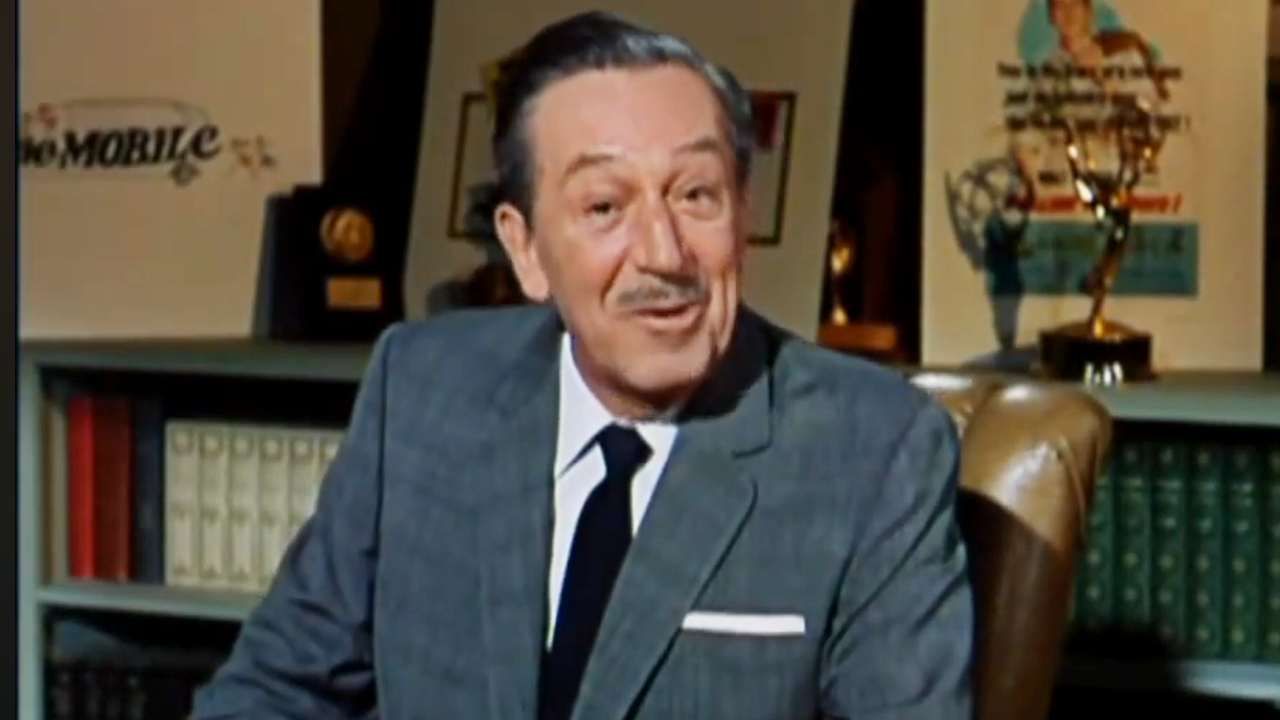Author comments on the pressure of those who work with communication, the racial issue in society and the world view are the father of a girl
What is a man in current times? How to perform masculinity in a world full of concepts and prejudices, expectations and accusations? How to play the role of father positively?
These questions raised reflections in the book “The future of the new masculinity” (Boc publisher), published in late August.
Among the 29 authors of collective work is the journalist Matheus Meirelles, reporter of Globo and Globonews. He also worked at the CNN Brazil and Radio CBN.
In conversation with the column, Matheus highlights the unpublished experience of publishing, the challenges of those who live the hallucinated routine on TV and the impact of the presence of women on their existence.
How did you become one of the authors of the book?
One of the coordinators of the book, Maurício Maruo, was someone who already had exchanges on social networks with the fantastic work he does with creative paternity. He called me to speak and said he was organizing a book and wanted to share paternity with anyone who could add reflections on their area. I grew up in time. I had never written anything, I was even afraid of not being able to develop ideas well, but I took the challenge.
How was the process of choosing the theme and writing?
The choice was very automatic. I needed to talk about communication, journalism, which is what I live every day. It was very interesting, among the routine races of father, journalist, husband, son, they stop a few minutes a day to write. And the process was beautiful because I could stop observing the journey of the last 11 years as a professional. Life is running and we are only doing, it hardly celebrates important victories or actions and almost never to look around, understand the contexts of the places where you worked, the experience of colleagues. Writing allowed me all this.
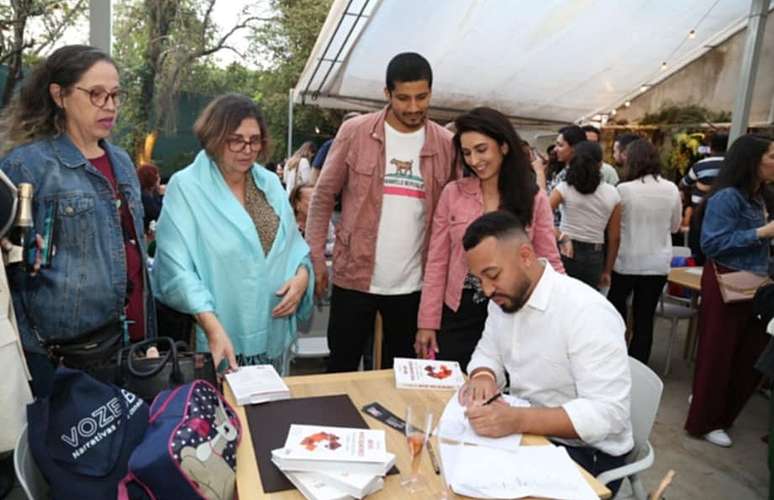
The contemporary man is under a strong pressure not to be a macho and at the same time reaffirms his masculinity. Does this affect him?
The pressure derives from the way we face our relationships. Working with communication, I believe that the pressure is even higher. There is no room to slide, there can be no reasons for questions. And it is a profession that does not take off who we are in personal life. And it is in this life that we have the opportunity to testify, live and perform the most diverse masculinities.
What reflections of your experience as a man of color?
Darkness has always guided me. Before being a man, being a journalist, I’m black. And I can say that the company has chosen in this way. My experience as a man of color reflects a lot on my professional journey and my personal choices, and of course it is in my writing. I am aware of being an exception, which further expands responsibilities.
You are a girl’s father. Does this immersion in the female universe impact on your world view as a man?
Completely. In addition to being a girl’s father, my family is mostly feminine. All the stories I heard from my parents during childhood involved female movements and decisions. Before being adopted, knowing that those who gave me to light was a girl, alone, daughter of another solo woman, was also important to build my vision of the world. Paternity has only expanded it and showed the emergence of these discussions on masculinity to seek a safer world.
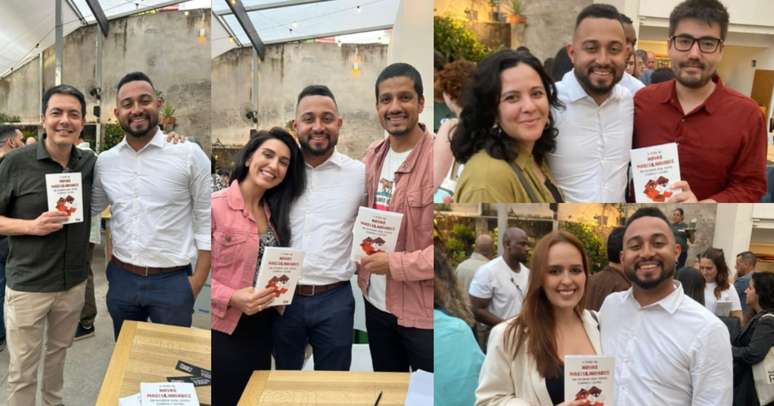
You have already been elected one of the most admired black journalists in the country. What is the importance of this recognition and the visibility you have reached on TV?
Now in August I have also appeared among the 100 most admired journalists in Brazil, without the racial cut. And this would not be possible without the visibility that this racial prize has given me. I came from the radio, the platform I love. And I confess that I didn’t think I had a TV profile until the first opportunity. Since then, many have changed in my opinion of what can be done in our profession. The recognition appears only when the work is performed with dedication, resilience and adaptability. In a multi -platform world, if we are not arranged and innovative in the approach, if we cannot print different visions of the world on the roof, the path closes. This recognition is even more precious when reflecting in inspiration for other people. In the end, it is also about this impact.
Do you get messages from black young people who have inspiration for you?
I received many messages from young blacks, journalism students, young people in general. It is an audience that I really like to be together. I know how much the attention of those who are inspired can make a difference. I hope one day to be able to make a master’s degree and who knows how to teach, be even closer to these people, who are the future.
Source: Terra
Ashley Fitzgerald is a journalist and author at Gossipify, known for her coverage of famous people and their lives. She writes about a wide range of topics, including celebrities, influencers, social media stars, and public figures. Her articles are known for their in-depth analysis and unique perspective. She is respected for her ability to keep readers up to date with the latest news and trends of the famous people.

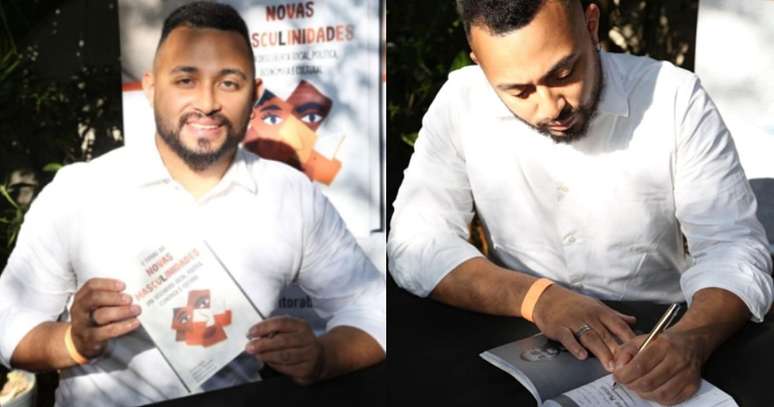
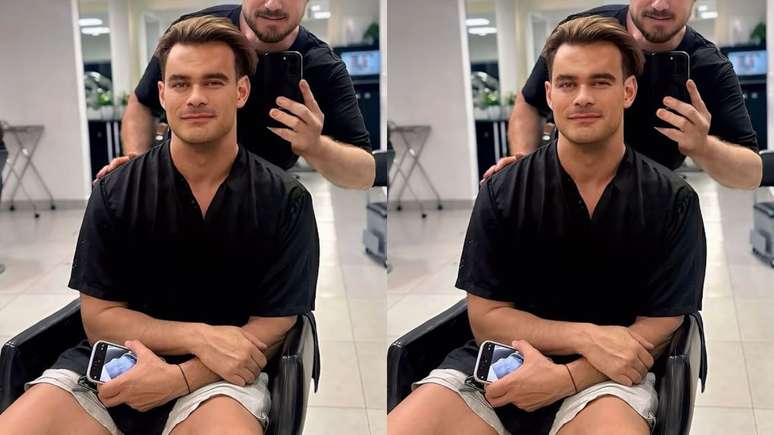


![It All Begins Here: What’s in store for Thursday 16 October 2025 Episode 1286 [SPOILERS] It All Begins Here: What’s in store for Thursday 16 October 2025 Episode 1286 [SPOILERS]](https://fr.web.img3.acsta.net/img/7d/99/7d99acbb3327f48a72b40f684092775e.jpg)

